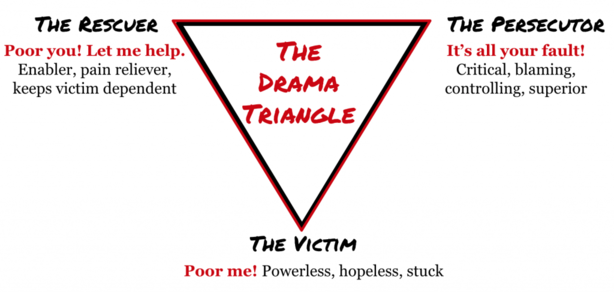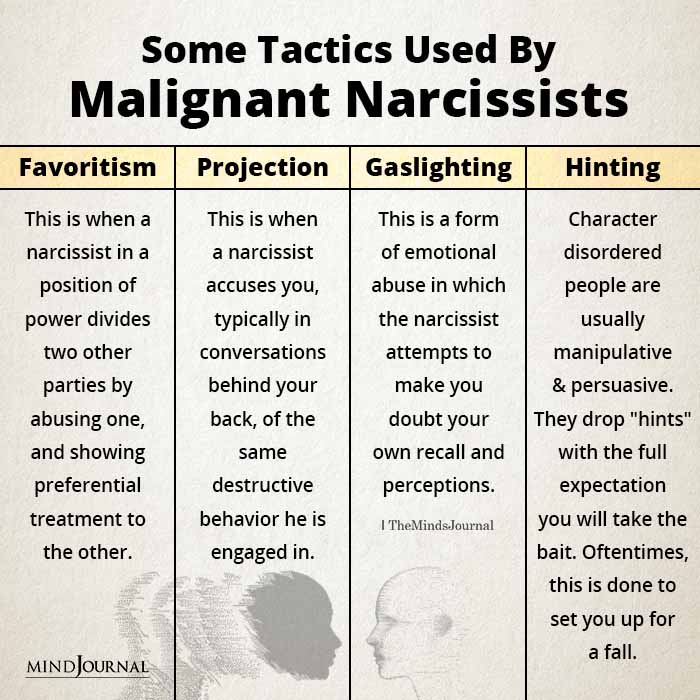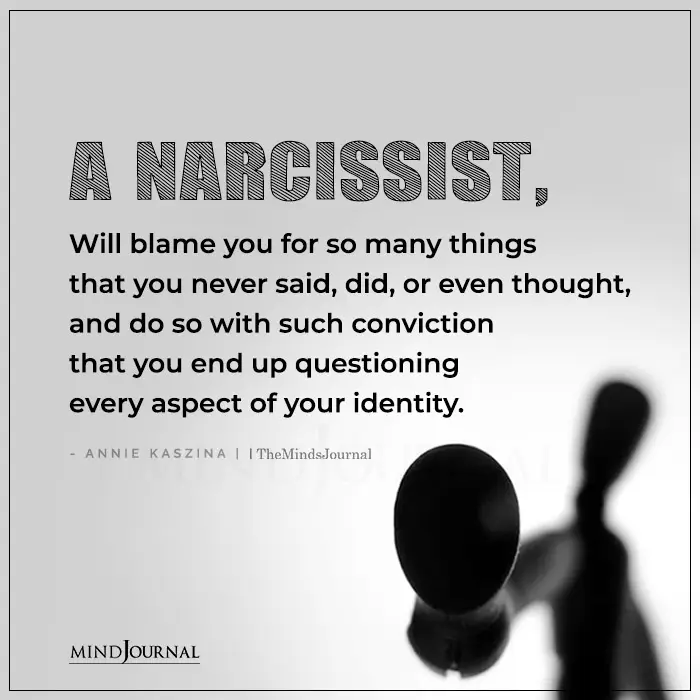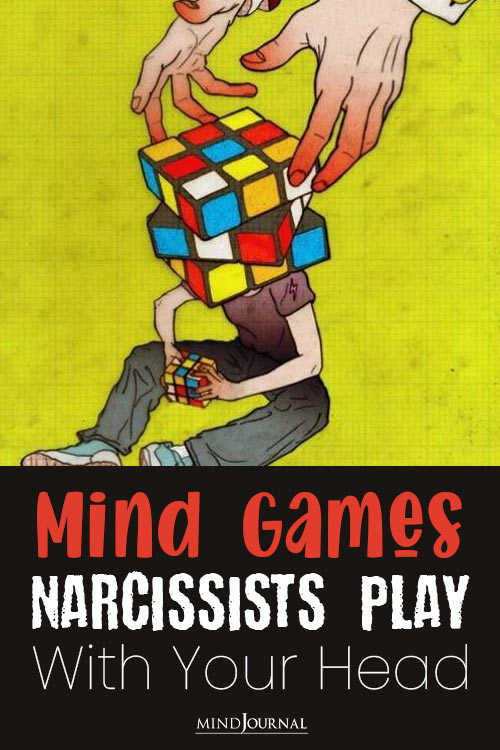In the drama triangle, the narcissist thrives while you can feel drained. Here’s an instance of mind games narcissists play with your head.
Are you trapped in a pattern of narcissistic blame or control? Narcissists like playing mind games because it makes them feel in charge and in a position of power. They find gratification in their skills of manipulation and control.
Mind Games Narcissists Play With Your Head: The Drama Triangle of Narcissistic Control
The sudden silences. The periods of no communication when before the airwaves crackled with the send and return exchange of text messages. The repeated calls throughout the day to talk of something and to talk of nothing, now gone and empty. The absence of a morning greeting.
The absence of any greeting. Just absence. Cold and unremitting silences which stretch from hours, to days, to weeks. What was once there has been banished. What’s it all for? Perhaps he just wants some time alone?
The inability to ever say sorry. The frustrating failure to ever issue an apology, it is as if those words cannot be formed or do they manifest but something causes them to freeze so they never find the light of day? The denial of fault, the deflection of blame, the resolute and forthright rejection of any accountability.
All you want is to hear her say it the once, to say sorry, to hear that admission and sense some humanity exists there after all. What’s it all for? Perhaps she believes that I will think less of her if she apologises to me?
The never-ending carousel of blame and accusation. The merry-go-round of that dizzying discussion which never reaches fruition. The whirling array of “I never said that”, “you do the same”, “you can’t keep accusing me” and so much more leaves you disorientated and nauseous.

Just once, just one time, can’t something be resolved without this round-the-houses farce? Must it always be this way? Why is nothing ever put to bed? Why is everything buried alive? What’s it all for? Maybe he just doesn’t understand me, perhaps I need to be clearer about what I mean?
Related: 3 Roles of The Karpman Drama Triangle and How To Escape
The broken engagements. The no-shows. The promises to meet and then the failure to appear leaving you upset, annoyed and miserable. He promised. He promised that this would not happen again. The frequent ringing and all you receive is the notification that the cellphone you are calling is not available right now.
Related: 7 Hard Truths About Narcissistic Friendships
Where is he? Has he forgotten? He cannot have done, you spoke to him only four hours ago to remind him of the arrangements, especially after what happened last time. You miss him and you were so looking forward to spending the night together after a period of not being able to do so.
Surely he should have remembered? The chasing messages “Where are you?”, “Are you near?”, “I have been waiting twenty minutes, where are you?”, “What’s happening, I am worried”. What’s it all for? Perhaps he has had to work late, or he is stuck on the subway or he has run out of charge for his ‘phone?
The repeated alterations to arrangements. The tears, the shouting, the disappointments, the rolling out of false explanations to try to ease their upset. Yes, he did say he would take you out today, he must be caught up with something else, why don’t we do something instead?
How can he let the children down like this? The turning up without agreement and demanding to see the children. Forcing you into a corner in order to placate him so the children are not scared. You back off again and again. Always you making the compromises.
Always you trying to explain away the increasingly unexplainable. The arguments about the arrangements, the lies about what was arranged, the confusion over details. What’s it all for? Is he going mad? Maybe you are?
The insults and slurs, the nasty words, the harsh put-downs and the savage comments. The vicious text message tirades sent at 3am, the blistering verbal attack down the telephone, the dressing-down in person just before a night out. The personal cutting remarks, the swear-words, the name-calling and the labelling. So hurtful, so demeaning, so upsetting. What’s it all for? Perhaps he just doesn’t love you anymore?

The chopping and changing. Last week’s steak had to be well done and now it has to be bloody. How were you expected to know, but you were? The eruption and the tantrum which followed demonstrated that you were the one to blame. Red is good, now it is bad. No soda with the vodka, but now he is banging doors and shouting because there is no soda.
Sit there, no there, be quiet, say something, leave me alone, you never speak to me much these days, do it like that, no don’t do it like that, who taught you to do this it is brilliant, who taught you to do that you are an amateur, back and forth, push and pull, right then wrong. What’s it all for? Perhaps he just cannot remember or just wants to keep changing for the sake of it? Perhaps the pressure of work is really getting to him these days?
The argument over nothing. The argument out of nowhere. The argument when everything was going well. Why is she angry all of the time? Nothing is ever right but rather than discuss it in a civil manner and be reasonable with one another, there always has to be a fight.
Related: 6 Types Of Baiting You’ll Get From A Narcissist
She could start an argument in an empty room. She seems to thrive on creating a scene. So many days, so many occasions, so many events all spoiled by the epic tantrum which she throws. What’s it all for? Perhaps she has anger manageFment issues?

The sudden bouquet of flowers. The expensive perfume. The sudden trip away to somewhere exotic and exciting. The sensitive poem carefully written in copper plate and placed under your pillow. The sudden proclamations of love. The dizzying romance. The grand gestures. What’s it all for? He must really, really love me.
The accusations, the challenges, the pointed finger and the sneer. The demands for the truth when you are telling the truth. The inquisition and the interrogations over anything and nothing. The way you answered the phone, the way you wear your dress, the friends you said you were visiting, the time you came home.
Always the questions, the allegations of lying, cheating and skullduggery. Every time this happens when you want to do something and he never seems to realise he does all of these things himself. What’s it all for? Perhaps he is just possessive because he cares so much?
The lies. The tales. The fabrications. Every day a new boast which is so outrageous that she must surely know she is telling a porky pie. The flagrant omissions of the truth. The repeated protestations that this is the truth even when you know she is lying again. The lies when the truth would serve her better.
The inability to know she is lying. The fact she really does seem to believe her lies are her truth. What’s it all for? Perhaps she is just a born liar and a fantasist?
The disappearances whenever you need help. The excuses that he has something else more important when you require support. The sudden coldness when you call and explain how you have been bullied at work again. The distant look and the eye-rolling as you try to explain why you are crying. The sudden lack of availability when you need a hand.
The fact you must fend for yourself even though you are too weak to stand and feel dizzy. The shirking of responsibility, the rejection of assistance and the distancing when you are injured. What’s it all for? Perhaps he just cannot stand the sight of blood or does not know what to do when somebody is ill?
The flirting, the staying out late, the drunkenness, the drugs, the gambling, the smell of perfume on his clothes, the receipts from lap-dancing bars, the hours and hours and hours spent watching porn online, the obsession with his video games, the sudden and mysterious trips away. What’s it all for? Perhaps he has an addictive personality?

The tears, the pleading, the begging, the demand for one more chance, the assurances that it will never happen again, the promises to get help, the panic in his eyes and the wailing from his mouth.
So, What’s It All For?
The neediness, the repeated requests to make things right, the long involved explanations, the repetition of how we should be together and how good we are for one another, the promises, the future, oh the promises of what the future can hold for us both. What’s it all for? Perhaps he is broken and you should not walk away from someone in such need?
Maybe he struggles to express himself?
Maybe he just has never had anybody stand up to him?
Maybe she has problems with trusting people?
Maybe he is just disorganised?
Maybe he struggles with being a single parent?
Maybe he cannot help how he feels?
Maybe he is indecisive?
Maybe he feels unappreciated?
Maybe he really does love you?
Maybe that’s his way of loving you?
Maybe she is just different?
Maybe he doesn’t love you anymore?
Maybe he can’t help but feel jealous because he really does love you?
Maybe she tells lies to make herself feel better?
Maybe he struggles with responsibility?
Maybe she is tired?
Maybe he is lost?
Maybe she is over-worked?
Maybe he is stressed?
Maybe you don’t know what you are entangled with?
Maybe you make too many excuses for them?
What’s it all for?
Fuel.
Related: How Narcissists Make You Physically Sick and 5 Ways To Restore Your Health
Written By HG Tudor Originally Appeared On narcsite










Leave a Reply
You must be logged in to post a comment.